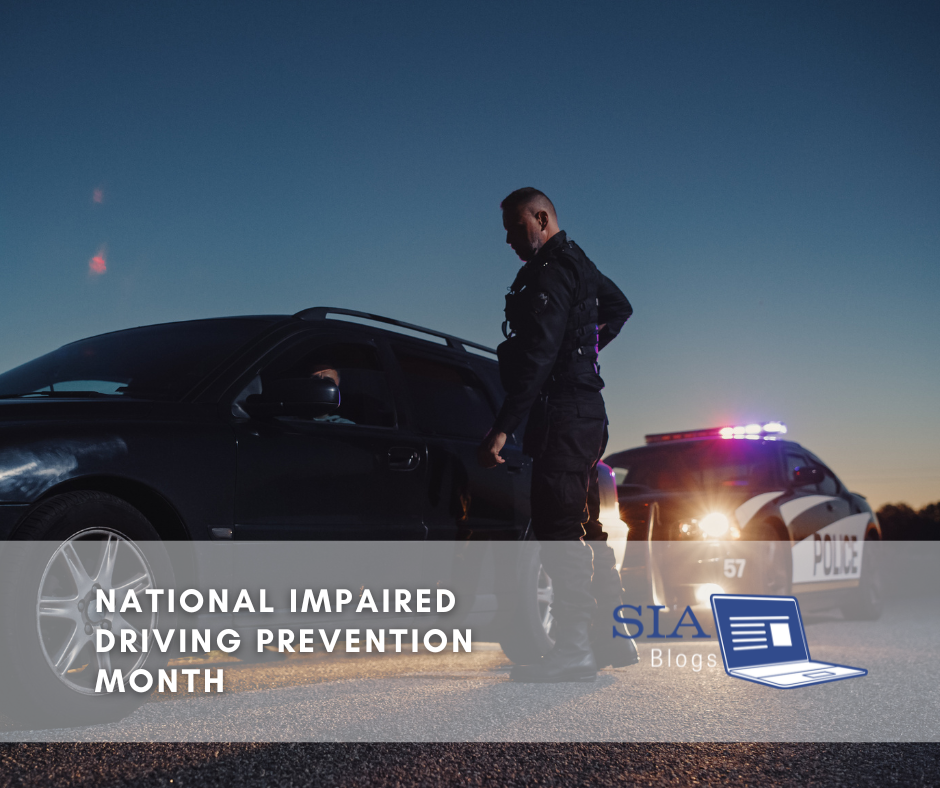Safe Driving
Managing Commercial Fleet Maintenance and Repair Costs
Managing Commercial Fleet Maintenance and Repair Costs: Trends, Strategies, and Insurance Benefits Fleet maintenance is a critical responsibility for businesses that rely on vehicles to support their operations. However, rising costs driven by inflation, supply chain disruptions, and evolving vehicle technology have made keeping fleets in optimal condition increasingly challenging. Despite these obstacles, maintaining safe…
Read MoreSave More at the Pump
In an era of rising fuel costs and environmental awareness, improving your vehicle’s fuel efficiency isn’t just about saving money—it’s about reducing your carbon footprint too. By making a few adjustments to your driving habits and vehicle maintenance, you can stretch your dollars and visit the gas pump less frequently. Fuel Efficiency by the Numbers…
Read MoreNational Impaired Driving Prevention Month
December Is National Impaired Driving Prevention Month Celebrate safely during the upcoming holiday season by talking about the risks of impaired driving and setting clear expectations for drivers. Parents and Caregivers Can Promote Responsible Decision-making The National Highway Traffic Safety Administration (NHTSA) encourages parents and caregivers to set clear boundaries with young drivers. Impaired driving,…
Read MoreDoes My Credit Score Affect My Car Insurance Rates?
Many drivers don’t realize how much their credit score can impact car insurance premiums. In most states, insurers use your credit score to help determine your rates, and even a small change in your score can lead to significant fluctuations in your premium. However, three states—California, Massachusetts, and Hawaii—have banned the use of credit scores…
Read MoreSteps to Foster Safer Drivers in Businesses
Drivers representing companies face significant risks on the road, with transportation incidents ranking as the leading cause of work-related fatalities in the US. In 2020 alone, there were 1,778 fatal occupational injuries involving transportation incidents, accounting for 37.3% of all workplace fatalities. This poses financial and safety concerns for businesses, highlighting the need for proactive…
Read More






